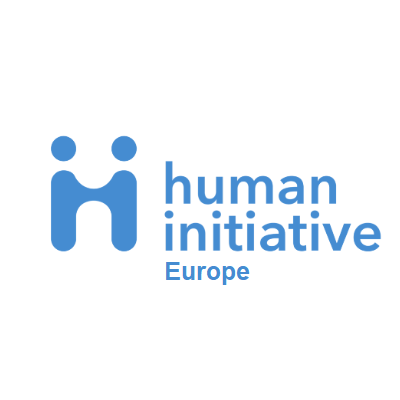
Ramadan and Humanitarian Values: A Month of Togetherness and Compassion
March 4, 2025
Share
Ramadan is not only a holy month for Muslims but also a moment to strengthen humanitarian values. During this month, Muslims not only observe fasting as a form of obedience to Allah but also cultivate empathy, solidarity, and compassion towards others. Ramadan teaches people to feel the suffering of others, share sustenance, and strengthen social bonds and togetherness.
-
Fostering Empathy and Social Concern
Fasting teaches people to experience hunger and thirst, as felt by those who are less fortunate. By refraining from food and drink throughout the day, Muslims come to understand how difficult life can be for those living in poverty. From this, greater empathy arises for those in need, driving the desire to share and help others. -
Generosity and the Spirit of Sharing
Ramadan is a month closely associated with generosity. Muslims are encouraged to increase their charity, give zakat, and help those in need. The tradition of breaking fast together, distributing free meals, and other social activities are tangible expressions of the growing spirit of sharing during this month. The human values become more evident when many people unite to help those in need, regardless of differences. -
Strengthening Brotherhood and Togetherness
The month of Ramadan also strengthens relationships between family, friends, and the broader community. The moment of breaking fast together becomes an opportunity to strengthen family ties and social bonds. In mosques, Muslims gather to perform Tarawih prayers and other acts of worship, creating an atmosphere of close-knit unity and compassion. -
Self-Control and Cultivating Patience
In addition to being a physical exercise, fasting is also a mental and emotional practice. Resisting hunger, thirst, and negative emotions like anger and selfishness helps Muslims become more patient and open-hearted. This self-control is not only beneficial in the context of worship but also in everyday life. Ramadan trains people to be more patient, wise, and tolerant towards others. -
Realizing Peace and Social Harmony
During Ramadan, Muslims are taught to increase acts of kindness, avoid conflicts, and prioritize peace. The spirit of togetherness that grows during Ramadan helps create more harmonious relationships between individuals and groups. Ramadan teaches the importance of simplicity, honesty, and justice in social life, all of which are foundational values in building a more peaceful world.
Conclusion
Ramadan is not just a month of worship but also a significant moment to strengthen human values. Through empathy, generosity, togetherness, self-control, and the spirit of peace, Ramadan teaches humanity to become better individuals who care more for others. If these values are maintained and applied in daily life, the spirit of Ramadan will continue to live throughout the year, bringing blessings to all of humanity.
